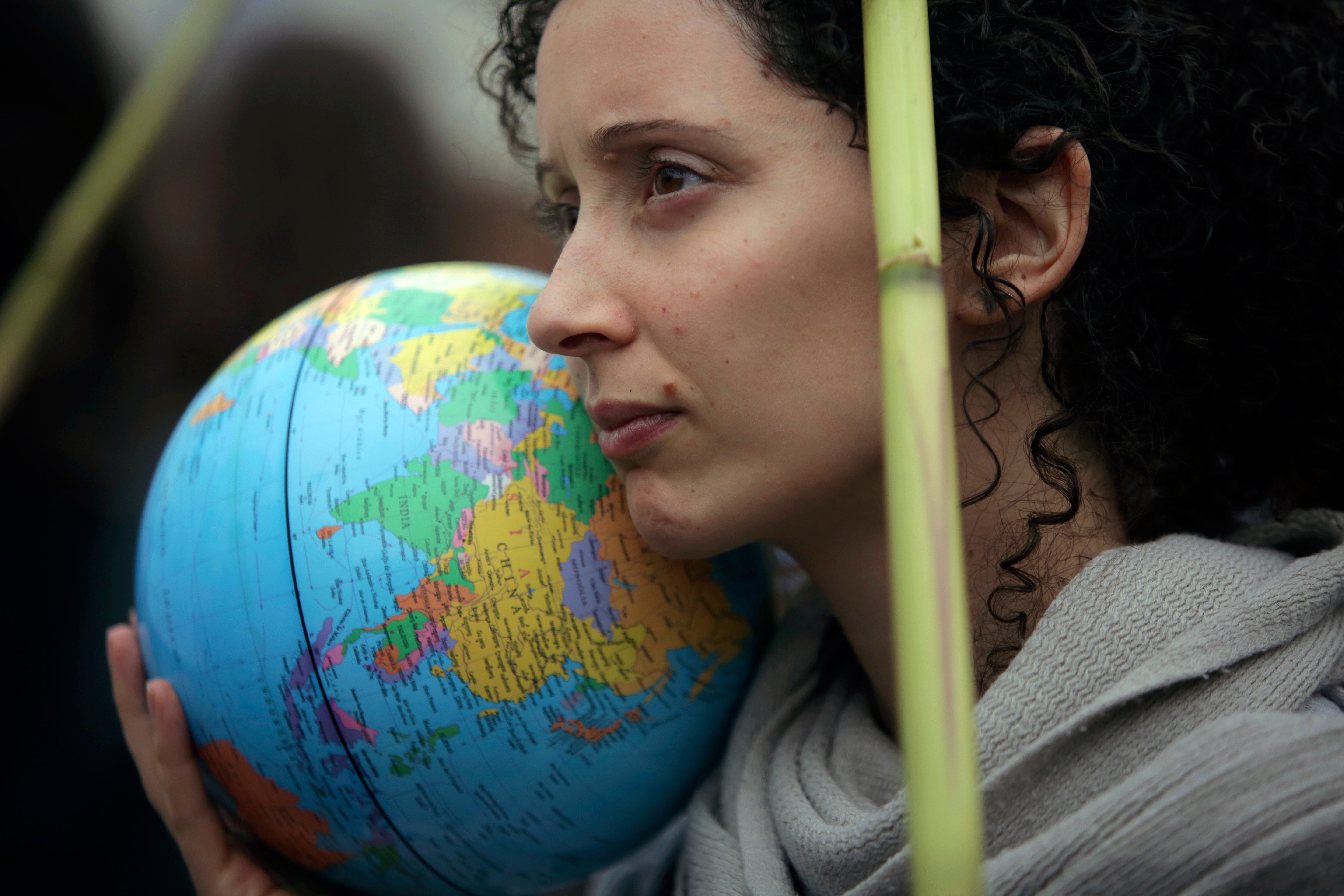EU's top court rejects effort to force tougher climate rules
The European Union’s top court definitively rejected an effort by a Scandinavian youth group and eight families around the world to force the EU to set more ambitious targets for reducing greenhouse gas emissions

Your support helps us to tell the story
From reproductive rights to climate change to Big Tech, The Independent is on the ground when the story is developing. Whether it's investigating the financials of Elon Musk's pro-Trump PAC or producing our latest documentary, 'The A Word', which shines a light on the American women fighting for reproductive rights, we know how important it is to parse out the facts from the messaging.
At such a critical moment in US history, we need reporters on the ground. Your donation allows us to keep sending journalists to speak to both sides of the story.
The Independent is trusted by Americans across the entire political spectrum. And unlike many other quality news outlets, we choose not to lock Americans out of our reporting and analysis with paywalls. We believe quality journalism should be available to everyone, paid for by those who can afford it.
Your support makes all the difference.The European Union’s top court on Thursday rejected an effort by a Scandinavian youth group and eight families around the world to force the EU to set more ambitious targets for reducing greenhouse gas emissions, arguing that they were not “individually” affected by Europe’s climate policy.
Families from Kenya Fiji Germany, France, Italy, Portugal and Romania and the Swedish Sami Youth organization launched the legal action in 2018. They hoped to draw attention to the impact of climate policy on individuals and activists fighting for starving Arctic reindeer and other environmental issues.
The European General Court acknowledged that the plaintiffs are generally affected by climate change but rejected the case in 2019 on procedural grounds. The families and youth group appealed to the European Court of Justice, or ECJ, the bloc’s top court.
The ECJ upheld the lower court’s decision Thursday, saying the plaintiffs “are not individually concerned” by the EU’s climate legislation so the case won't be heard.
After the legal effort was initially launched, the European Commission proposed a “European Green Deal” with more ambitious goals toward fighting climate change. European Union leaders reached a deal last year to cut the bloc’s net greenhouse gas emissions by at least 55% by 2030 compared with 1990 levels, more than the previous goal of 40%.
Experts say ending the use of fossil fuels is one of the most important measures needed to limit global warming, believed to be causing heavier storms, fiercer droughts and other weather problems damaging lives and livelihoods around the world.